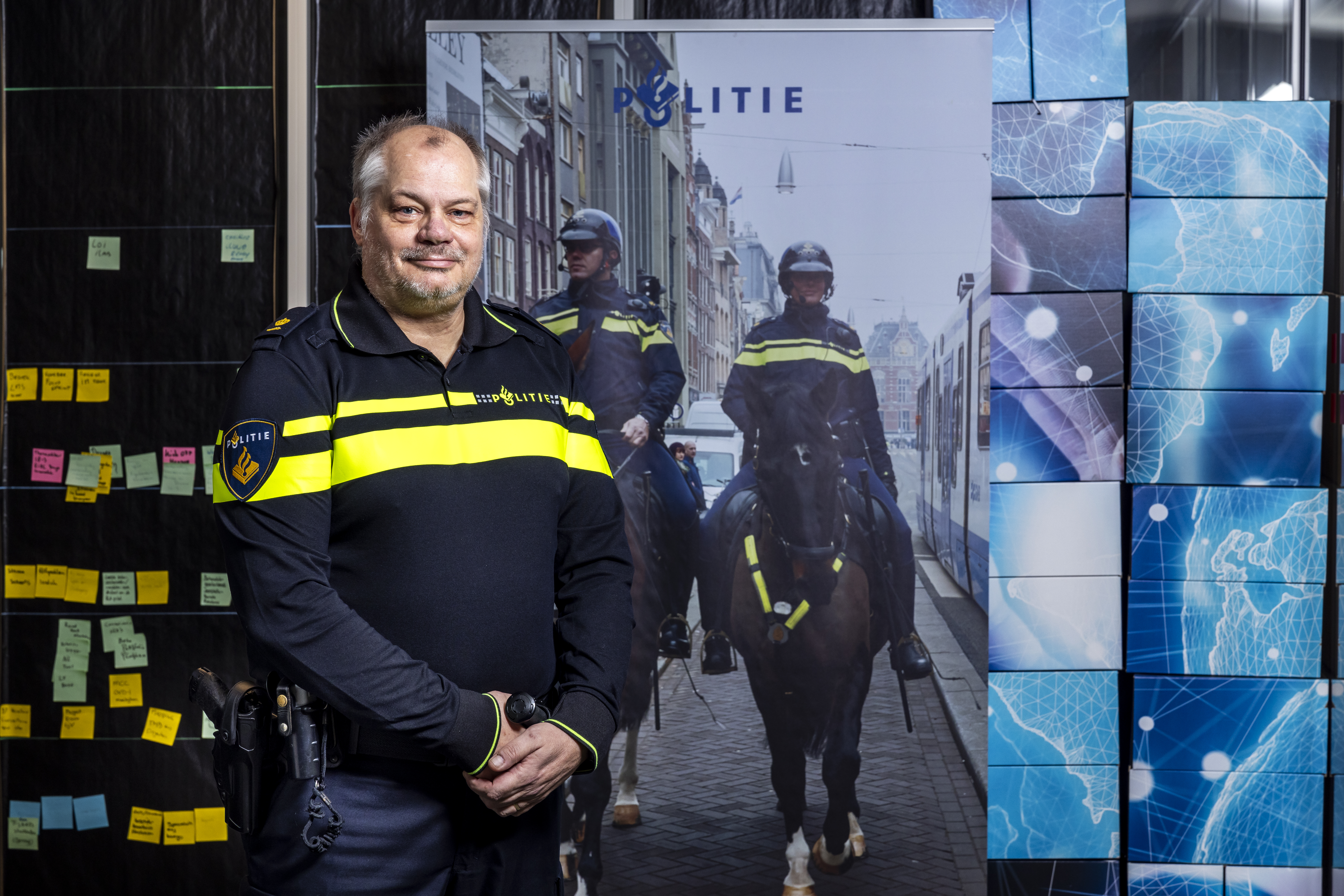
You can hear many people say it when it comes to privacy: “I allow them to know everything, I have nothing to hide”. I’m waiting for a TV format where we’ll first screen the people who think like this and then confront them with a guaranteed long list of things that should have been hidden. Better for themselves, but also for society. And in the unlikely case that there would be someone who really has nothing to hide, I don’t need to know him or her, as I don’t expect much to learn or enjoy. If there is no privacy, there is no room for sin. That would really be regrettable.
In mobility, this phenomenon will become even more important than it already is, because cars measure and know more and more through all their sensors and cameras. This technology is primarily used to make driving safer and more comfortable but has a very large bycatch as well, full of privacy-sensitive information. About the behaviour of the driver, but also about everything and everyone around the car. If, for example, you would have access to the data of a few percents of the cars driving around, you could already make a live version of Google Streetview. You could see how busy it is in shops, make the best rain radar, look back at who committed a robbery yesterday, and you could check if you would accidentally have left your front door open. But so could someone else and there you see the privacy issue coming in already.
“If there’s no privacy, there’s no room for sin. That would really be regrettable.”
That kind of data can become very valuable. Maybe even more than what it costs to drive a car. It would open doors to pay for driving with your privacy, exactly as how you pay for all those great services from the Googles and Facebooks now. The value of the car data is also the reason why Google and Apple have been so active with autonomous cars in recent years, those are the Trojan horses for the data hunters. (recently with quite some strong headwind, as it turns out here and here).
But even if they don’t succeed with their own cars, Google and Apple will still try to get access to the wealth of data from vehicles, for example via their platforms Android Auto and Apple Carplay. But they are not the only ones lurking. Car manufacturers, importers, dealers, leasing companies, garages, insurance companies, the car drivers’ association, they all want to know what the car knows. In fact, without that data, there will be no automotive business.
“There’s plenty to earn as long as you respect that people have a lot to hide.”
The determining factor in that game is privacy and the winner is who plays the data game best. Because although the legislation may be a bit complex about who owns the data, what is clear is that the driver can determine what may and may not be done with his or her data. At this moment, all this is taken care of with a long list of conditions on which everyone blindly presses “okay”, but in the future, this will be regulated much more explicitly.
This offers opportunities for parties we trust more than average, such as that friendly automobile club (as ANWB in the Netherlands) or your local dealer. Because they, too, have to look diligently for new sources of turnover when we all are to drive in as good-as-maintenance-free electric cars. Instead of being able to adjust the engine valves and replace exhausts very well, they need to start offering their customers the best thinkable services. A sports car for a weekend, a software update to get a new dashboard design, a car to set up a taxi service by volunteers to keep the village connected, a shared car for general use of those few people who only drive a few times a month. All based on the data they can get from their customers’ vehicles, so they know exactly what you would want and need. And especially because you trust them to correctly forget what they don’t need to know about you as a customer, they can offer all this. In fact, it’s like this for every industry. Yes, there is still plenty to earn for those who respect the fact that people have a lot to hide.
About this column:
In a weekly column, alternately written by Maarten Steinbuch, Mary Fiers, Carlo van de Weijer, Lucien Engelen, Tessie Hartjes and Auke Hoekstra, Innovation Origins tries to find out what the future will look like. The six columnists, occasionally supplemented with guest bloggers, are all working in their own way on solutions for the problems of our time. So that tomorrow will be good. Here are all the previous episodes.








